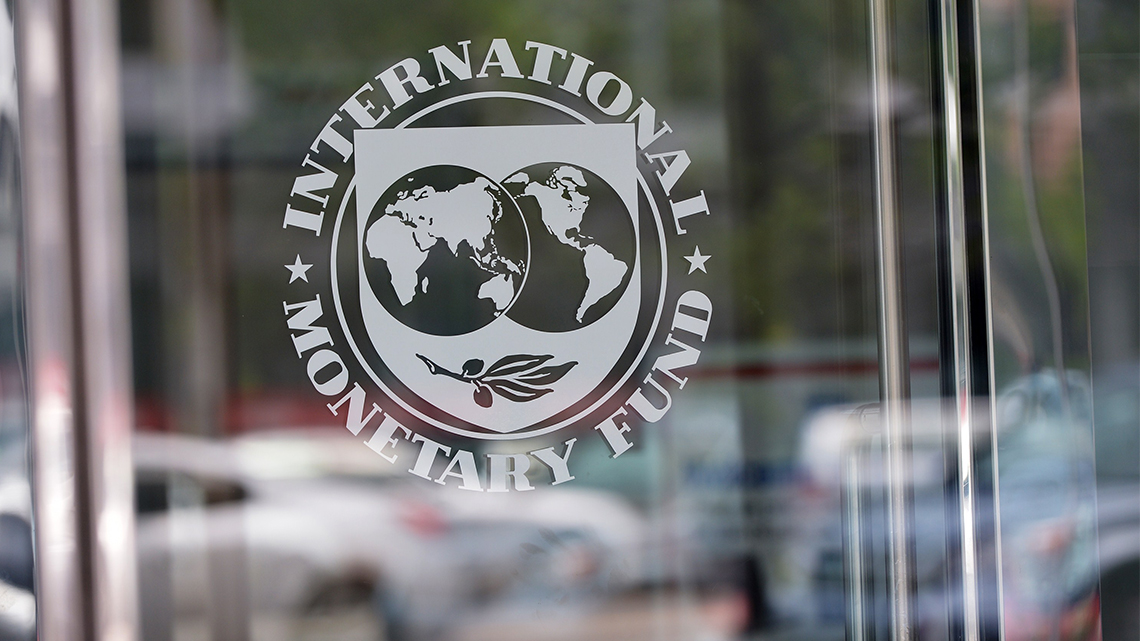Here’s how China will challenge the International Monetary Fund

An Asian Monetary Fund could give countries in the region a greater say in decision-making, thus rebalancing the influence of global financial institutions across Asia. The analysis of Leong Lin Jing, Senior Emerging Market Sovereign Analyst at Columbia Threadneedle Investments
In April 2023, Malaysian Prime Minister Anwar Ibrahim resurrected the idea of an Asian Monetary Fund (AMF). The creation of this body was first proposed in 1997 by Japan, following the Asian financial crisis.
An Asian Monetary Fund would have as its primary objectives the promotion of financial stability, the provision of emergency credit lines, the facilitation of swap agreements on currencies and the improvement of regional cooperation in monetary and financial matters. It would allow Asian countries to address balance of payments problems, currency crises and other financial challenges common to all local economies. Unfortunately, the proposal was received coldly for fear that it could destabilize the global financial architecture, undermining the authority and effectiveness of the International Monetary Fund. However, the need to address the region's vulnerabilities has not disappeared, also because the solutions proposed by the IMF are not always necessarily suitable for solving the specific problems and challenges of Asian countries.
The desire for greater financial autonomy for the region, closer cooperation between its component countries and a more robust financial safety net in Asia led, in 2010, to the launch of the Chiang Mai Multilateralization Initiative (CMIM), a project involving the Association of Southeast Asian Nations (ASEAN) plus China, South Korea and Japan, and the creation of various bilateral currency swap agreements. Numerous members have since used these swap arrangements to cover short-term liquidity needs – for example Thailand and South Korea during the global financial crisis of 2008-2009 and Indonesia, the Philippines and Malaysia between 2013 and 2014 to stabilize the volatility of the respective financial markets.
While these mechanisms contribute to regional financial cooperation and provide a certain level of support, they suffer from limitations in coverage, oversight and crisis management capabilities compared to what might be the capabilities of a full-fledged Asian Monetary Fund. For example, the Chiang Mai Initiative does not include Sri Lanka and Pakistan, countries often victims of financial crises despite their membership in many IMF programs.
In the current geopolitical context, an FMA is seen as a means to rebalance the influence of global financial institutions and give Asian countries a greater say in decision-making processes, particularly in light of the significant improvement in the quality of education and governance from 1997 to today. Some Asian countries believe that the International Monetary Fund tends to favor Western interests and during the Asian financial crisis they had in fact demonstrated, because their needs and problems were not taken into sufficient consideration. Indeed, many argue that the IMF's one-size-fits-all approach may do more harm than good.
Given the strength of China and its willingness to acquire a greater role in the global financial landscape, it is not surprising that the idea of an FMA has the support of President Xi Jin Ping. Today, China is the world's largest bilateral lender and does not agree with the terms of the IMF. He has expressed his intention to provide financial aid to insolvent countries, but also expects multilateral financial institutions to participate in these restructurings. Without their participation, China refuses to agree to a discount on the value of the debt in the restructuring negotiations with other private creditors. Instead, in January 2023 Beijing offered Zambia a two-year moratorium on debt and interest repayments and continues negotiations with Sri Lanka for debt settlement.
An Asian Monetary Fund could also help China realize its renminbi internationalization ambitions, especially as other countries such as Russia, Brazil and the European Union are trying to break away from dependence on the US dollar.
For investors in emerging market debt, the prospect of an FMA has important repercussions. In the near term, as it plans to transform its financial architecture, Beijing may be even more reluctant to discount debt restructuring. Sovereign debt repayment negotiations risk becoming even more complex and lengthy than they currently are.
In the medium term, a new Asian Monetary Fund would allow countries in the region, and especially those that are not part of the Chiang Mai Initiative, to diversify their financial commitments and reduce their vulnerability to external pressures and unwanted favouritism. This could trigger an upgrade of the respective sovereign ratings, improving the resilience of the related currencies. So why not take advantage of it, taking advantage of this additional protection tool against moments of crisis?
This is a machine translation from Italian language of a post published on Start Magazine at the URL https://www.startmag.it/economia/ecco-come-la-cina-sfidera-il-fondo-monetario-internazionale/ on Sat, 26 Aug 2023 06:15:59 +0000.
